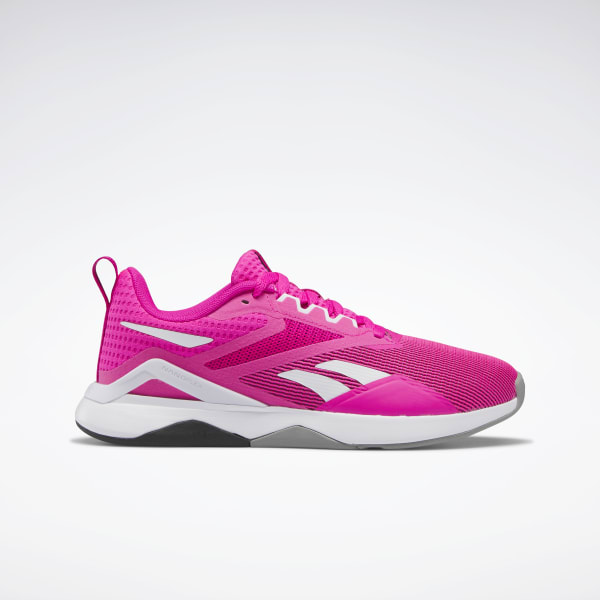
Even though you're new to the field of personal training or nutritionists, you're not quite sure where to start. In addition to talking to other certified trainers, you should also read articles on the challenges of being a personal trainer or nutritionist. There are many resources available online that can help you understand the many aspects and challenges of the fitness industry and what you should do to succeed as a professional.
Exams
Exams for nutritionist and personal trainer certification are important steps in your journey to becoming a certified fitness professional. There are many great online resources to help you prepare. Some of these programs offer practice exams online, which makes it easy to practice before you take the actual exam. When you have completed the exam, you can then print out your certification to prove that you've passed.

One of the most recognizable nutrition certifications, Precision Nutrition Level 1 Certification. This course combines the science and practice of coaching behavior-change skills. The coursework is available completely online, and you'll be able to complete it in six months. Additionally, this program is valuable for personal trainers, athletes trainers, and nutritionists.
Certification
You need the right qualifications to become a professional personal trainer or nutritionist. Many institutions offer certifications in nutritionist and personal training. These certifications can be taken separately or combined. These certifications come with many benefits. They can help you increase your earning potential in fitness.
Personal trainers and nutritionists help individuals lose weight, build up injured body parts, strengthen muscles and improve overall health. They have extensive knowledge about the physical and nutritional needs of their clients, and they set goals for their clients. To improve your knowledge and skills as a personal trainer or nutritionist, you should gain practical experience in a variety of settings.
Limitations of a personal coach and nutritionist
Personal trainers and nutritionists have certain restrictions. First, clients cannot be given dietary advice without being certified or licensed as nutrition counselors. Nutrition advice is a speciality that should only be left to registered dietitians.

Personal trainers can't diagnose medical conditions and cannot prescribe dietary supplementation. A personal trainer should be certified in nutrition and dietitian. Because fitness supplements can have serious side effects, it is best to consult a doctor before taking them. For example, herbal supplements can be toxic if taken in excess or when combined with prescription medication.
FAQ
Can I exercise after eating?
It depends on the type and intensity of your exercise. Avoid doing strenuous activity after eating, as it can cause stomach cramps. Focus on light aerobic activities such as biking or brisk walking.
What is the significance of healthy nutrition?
We need to eat well for our health and wellbeing. A healthy diet includes fruits, vegetables, whole grains, lean protein, and dairy. Healthy eating habits lead to improved overall health.
Is it safe to exercise in cold weather?
Exercise outside whenever possible. You can exercise outside regardless of the weather. Other factors include visibility, humidity, precipitation and wind speed. Layers of clothing are recommended to protect against wind chill and rain when exercising outdoors in inclement weather.
Statistics
- An estimated 110,000 deaths per year could be prevented (cdc.gov)
- In 2018, the World Health Assembly agreed on a global target to reduce physical inactivity by 15% by 2030 and align with the Sustainable Development Goals. (who.int)
- Globally, 81% of adolescents aged 11-17 years were insufficiently physically active in 2016. (who.int)
- In high-income countries, 26% of men and 35% of women were insufficiently physically active, as compared to 12% of men and 24% of women in low-income countries. (who.int)
External Links
How To
How To Burn Belly Fats Faster
Belly Fat is often thought of as a problem when trying to lose fat. If you look at it, belly fat is actually a positive thing. Your organs are protected by the fat around your stomach. Let's learn how to quickly burn belly fat.
The main factors that lead to body fat storage are stress and lack exercise. Because stress stimulates the release of cortisol hormone, it makes us hungry all the time. Cortisol levels are increased by insulin. Insulin then stores excess calories as fat. Insufficient sleep can lead to an increase in appetite and adrenaline release. Exercise helps to break down these extra calories.
There are many ways to reduce belly fat. You can try any one of them depending upon your budget. Here are some quick tips to get rid of belly weight.
-
Reduce the amount of food you eat. Eat smaller meals throughout the day rather than eating three big ones. You'll eat fewer calories this way.
-
Get plenty of water. Water flushes out toxins and keeps you hydrated. Drinking water prior to every meal will ensure that you are satisfied for longer periods of time and won't eat too much.
-
Avoid unhealthy snacks. If you're looking for quick fixes, snack foods like chips, cookies, candies, etc. It might sound tempting. These sweet treats can be tempting, but they are high in empty calories and sugar. Instead, choose healthy alternatives like fruits, veggies, nuts, seeds, and whole grains.
-
Do strength training exercises at least three times per week. Strength training builds muscle mass which burns more calories even while resting. It also strengthens bones, muscles, ligaments, tendons, the heart, lungs, and joints.
-
Walking or stretching is a good habit to do regularly. Stretching helps to improve flexibility and mobility, which reduces back pain. Walking for 30 minutes is a great way to burn calories.
-
Reduce alcohol intake. Alcohol adds empty calories to your diet and has no nutritional value whatsoever.
-
Lose weight gradually. Finding out your current weight is the first step in losing weight. Then calculate your ideal weight by adding 5% to 10% of your total body weight. Once you have reached your target weight, begin decreasing your daily calories intake by 500-1 000 calories until you reach your goal.
-
Avoid processed food. These foods are high on sugar, salt, and additives. Even though they can be very convenient, these foods lack sufficient nutrients to support your health.
-
Don't skip breakfast! Breakfast is good for your concentration, memory, and energy. You should have protein (such as eggs) and fiber (such as oats) for breakfast.
-
Have regular bowel movements. Constipation and irregularity cause bloating and gas. This can be prevented by drinking plenty of water and increasing fiber intake.